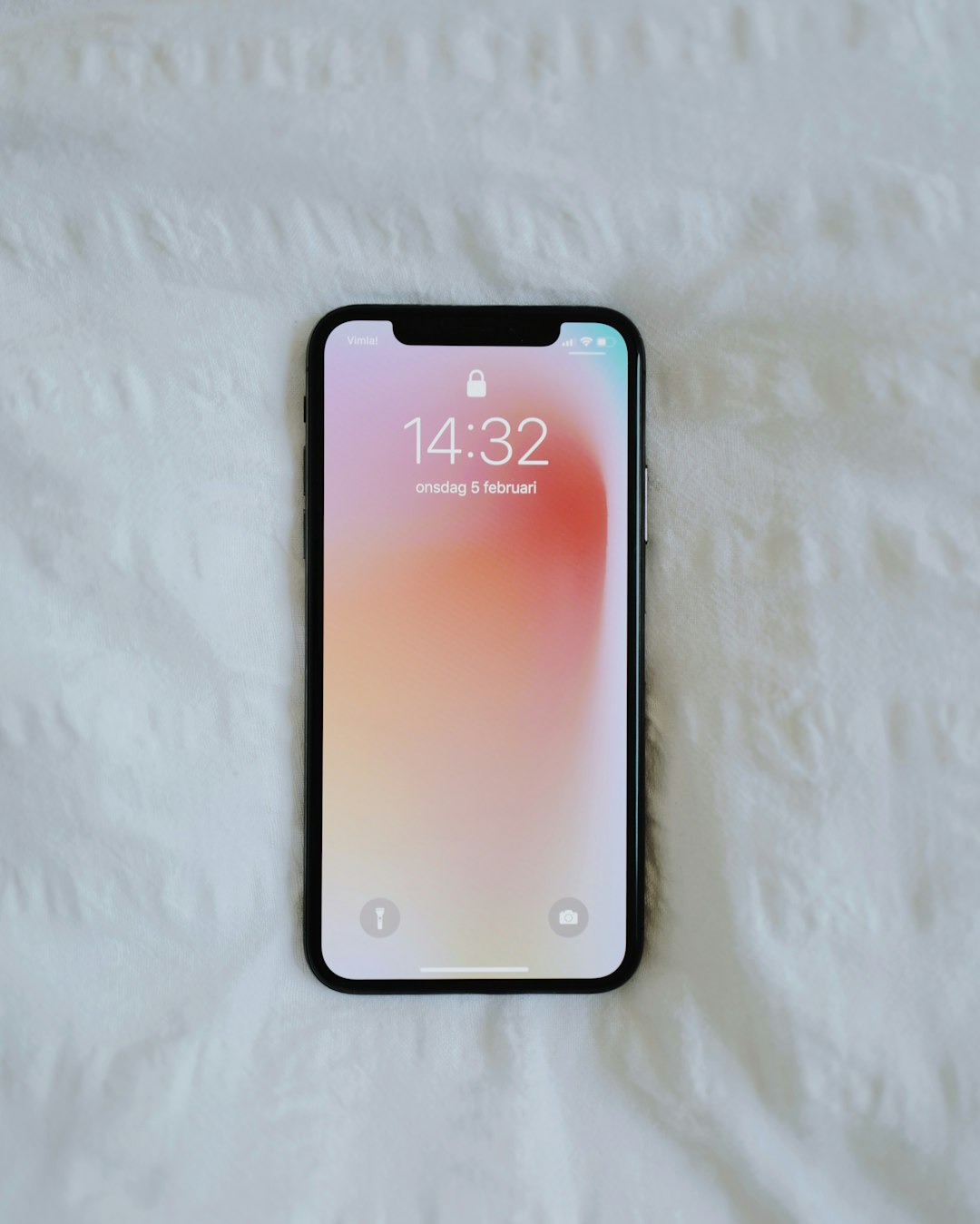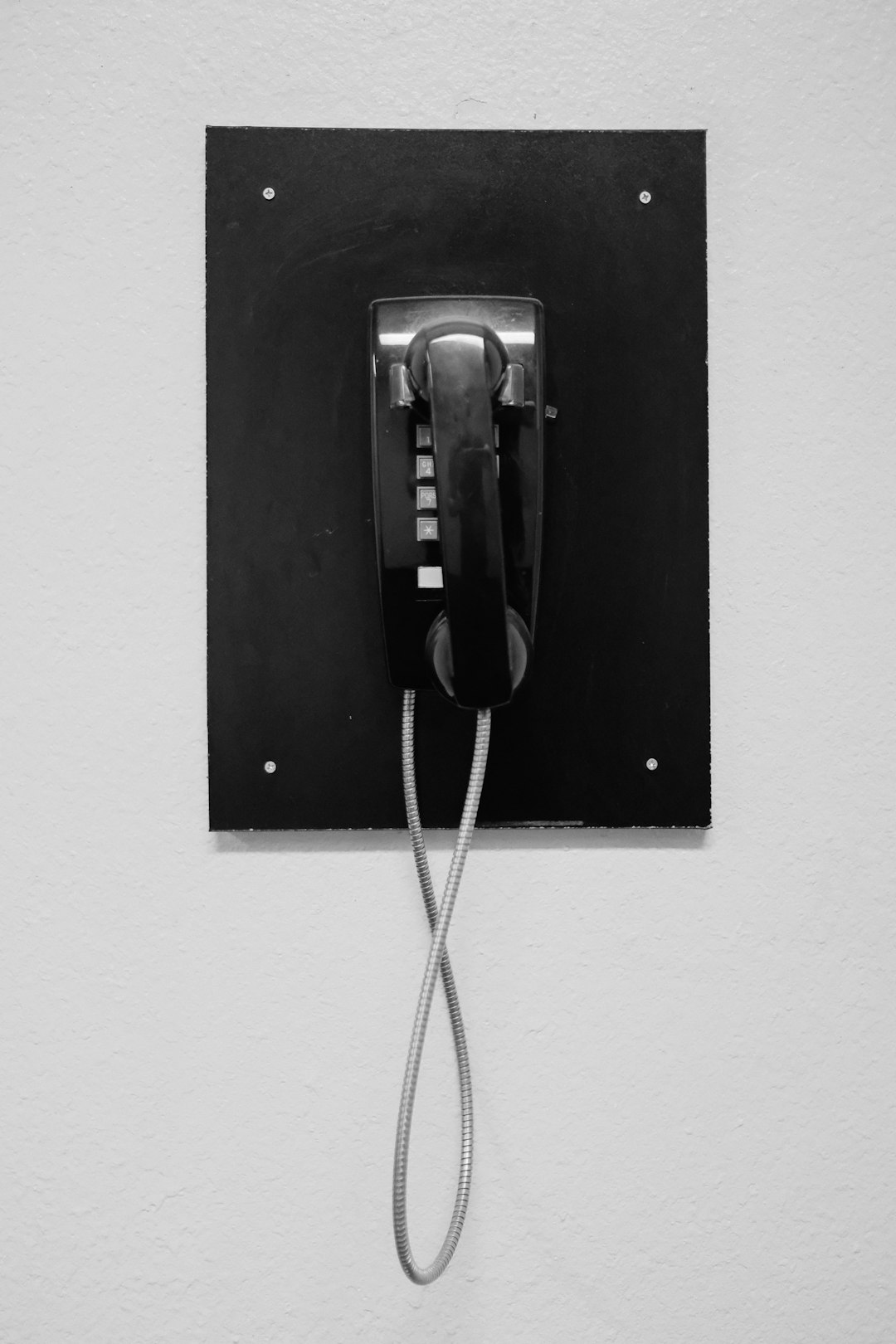Philadelphia's strict "Do Not Text" laws aim to enhance public safety by prohibiting drivers from sending or reading text messages while behind the wheel, with heavy fines and increasing penalties for repeat offenses. Enforced by local police, these laws cover all mobile device usage that distracts from safe driving, including social media and messaging apps. Consumers can protect their rights by reporting unwanted text messages and robocalls, especially when they violate "Do Not Call" registry rules. Penalties for violating these laws include fines up to $300, community service, or even jail time, with class-action lawsuits adding financial strain on repeat offenders. Reporting violations is easily accessible through dedicated platforms.
In Philadelphia, “Do Not Text” laws aim to curb dangerous distracted driving. This comprehensive guide explores these regulations, their impact on businesses and consumers, and the enforcement mechanisms in place. We delve into how individuals can protect their rights by reporting unwanted texts, while also addressing common misconceptions surrounding these important laws. Stay informed and stay safe – remember, Philadelphia’s Do Not Text laws are designed to protect all citizens from the perils of texting behind the wheel. Avoid legal pitfalls; understand your rights and responsibilities under these critical regulations, without relying on do not call law firms Philadelphia.
Understanding Philadelphia's Do Not Text Laws: A Comprehensive Overview

Philadelphia’s “Do Not Text” laws are designed to ensure public safety and prevent distracted driving, making it illegal for drivers to send or read text messages while behind the wheel. These regulations are part of a broader effort to reduce accidents caused by driver distraction, which can have severe consequences. The primary focus is on preventing the use of mobile devices for non-emergency purposes during operation of a motor vehicle.
Understanding these laws is crucial for both residents and visitors to Philadelphia. Violations typically result in fines, with penalties increasing for subsequent offenses. To ensure compliance, law enforcement officers conduct regular checks, targeting areas known for high traffic and potential risks. Remember, while there are exceptions for hands-free devices and certain work-related activities, the onus is on drivers to avoid any activity that takes their attention away from the road. Thus, it’s advisable to refrain from texting while driving, and if you need legal advice regarding do not call law firms in Philadelphia or any other related matter, consult professionals who specialize in these laws.
The Impact of Violating Texting Restrictions on Businesses and Consumers

Violating do not text laws in Philadelphia can have significant consequences for both businesses and consumers. For businesses, repeated violations can result in substantial fines, damaging their reputation and financial stability. These penalties are designed to deter companies from sending unwanted texts, protecting consumers from intrusive marketing practices. Additionally, non-compliance may lead to legal action and class-action lawsuits, further exacerbating the potential harm.
Consumers also face risks when businesses ignore these restrictions. Unwanted text messages can be a nuisance, contributing to information overload and potentially triggering privacy concerns. Moreover, they may indicate a lack of respect for consumer choices and preferences, eroding trust in the company. In Philadelphia, where such laws are strictly enforced, consumers have the right to report violators, including do not call law firms specializing in these matters, ensuring their rights are protected and holding businesses accountable for their actions.
Who Enforces These Rules and What Are the Consequences?

The enforcement of “do not text” laws in Philadelphia is primarily handled by local law enforcement agencies, including the Philadelphia Police Department. These agencies monitor and investigate complaints related to illegal texting while driving, which can lead to severe penalties for violators. The consequences for breaking these rules are significant, with potential fines ranging from $50 to $300 or more, depending on the severity of the offense. Additionally, repeat offenders may face more stringent penalties, including community service or even jail time.
The impact of such laws extends beyond financial penalties. Philadelphia’s legal system takes these violations seriously as they contribute to public safety. By deterring drivers from using their phones while behind the wheel, these measures aim to reduce accidents and save lives. Therefore, it is crucial for citizens to understand and comply with these regulations, ensuring a safer driving environment for everyone in Philadelphia.
Protecting Consumer Rights: Your Role in Reporting Unwanted Texts

Protecting Consumer Rights is a collective effort, and your role in reporting unwanted texts goes beyond just personal convenience. In Philadelphia, as across many jurisdictions, “Do Not Text” laws are in place to safeguard citizens from intrusive and often unsolicited messaging. These laws empower individuals to take a stand against spam text messages and robocalls, ensuring their privacy and peace of mind.
If you’ve received texts that violate these laws, such as marketing messages or fraudulent communications despite being listed on the “Do Not Call” registry, reporting them is crucial. Your action can help enforce these protections and deter businesses from engaging in aggressive or deceptive practices. It’s just a few clicks to report these violations, often through dedicated platforms provided by regulatory bodies, ensuring that your experience isn’t just protected but also contributes to a safer digital environment for all Philadelphia residents.
Common Misconceptions and FAQs About Philadelphia's Do Not Text Regulations

Many people, even those who respect traffic laws, often harbor misconceptions about Philadelphia’s “Do Not Text” regulations. A common mistake is assuming that the law only applies to texting while driving. In reality, it prohibits sending or reading any text message—including those on social media and messaging apps—while holding a mobile device in your hand. This means no quick check of your phone for texts or updates while walking down the street or waiting at a red light.
Another frequent question is whether the law includes exceptions for personal use, like checking the time or using a GPS navigation app. While these activities are legal, you cannot simultaneously engage in any task that takes your attention away from safe and responsible mobile device usage. Additionally, do-not-text laws often get mistaken for do-not-call restrictions targeting law firms in Philadelphia. However, these regulations specifically address distracted driving caused by text messaging, not general phone use or marketing practices. Understanding these nuances is crucial to ensuring compliance with Philadelphia’s Do Not Text Regulations.






